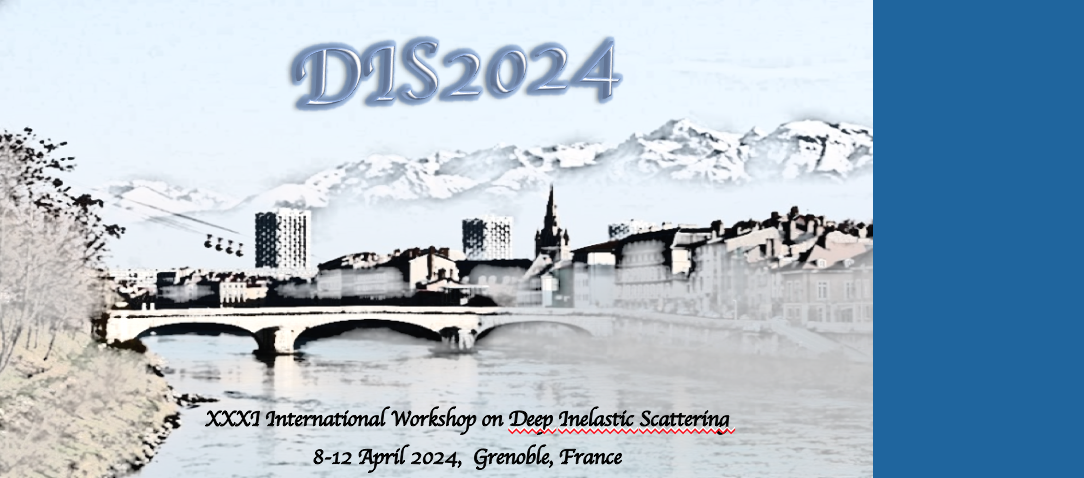Speaker
Description
Distribution amplitudes are functions of non-perturbative matrix elements describing the hadronization of an initial set of quarks and gluons. They are the crossed-channel analogs of the more commonly known parton distribution functions, which describe the longitudinal momentum distribution inside a hadron. Thanks to factorization theorems, they can be used to compute the scattering amplitude of high-energy processes.
Recently, new ideas have allowed their computation using lattice QCD, which should provide us with a general, fully relativistic determination. In this seminar, we present our current $\eta_c$ meson distribution amplitude calculation on a set of $\text{N}_\text{f}=2$ CLS ensembles. Starting from the relevant matrix element in Euclidean space, we explain the method to renormalize and extrapolate to the continuum and connect to Minkowski space. After we address possible sources of systematic uncertainty, our result can be compared with similar calculations of the pion distribution amplitude to quantify the effect of the quark masses, but also with alternative methods like the non-relativistic approximation of QCD to test underlying assumptions.

